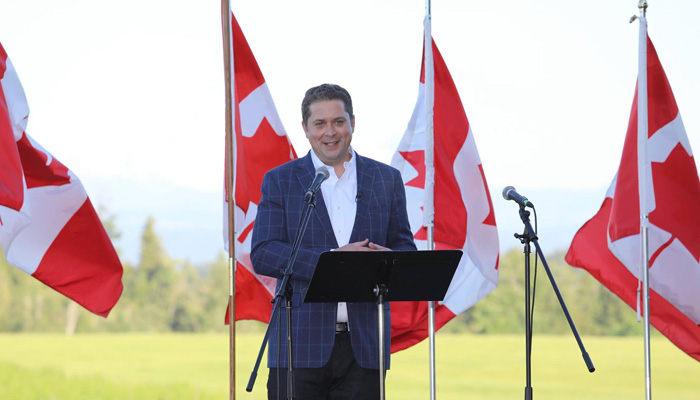Rethinking Lifestyle
Mr. Scheer, it Matters What You Subsidize

It seems the Conservatives in Canada got their heads together and made several significant policy announcements – significant not in the sense that, when isolated, these policy changes will affect anyone much, but significant because of the signal they send as to which direction Conservatives want to take Canada. The Manitoba Pallister government announced that it will be reducing the PST by 1% and it will not charge PST of the Federal Carbon tax. Andrew Scheer announced that a federal Conservative government will return the GST collected on home heating.
My concern is not that the Conservatives wish to return tax money to taxpayers hands, my concern is with how they intend to do it. Scheer says “Heating your home in winter isn’t a luxury for Canadians. It is a necessity. We don’t tax other basic necessities like groceries and we shouldn’t be taxing home heating.” Of course Scheer is correct when he says heating our homes in the Canadian winter is not a luxury, but it does not follow that the appropriate response is to reimburse Canadians for the cost of heating.
We all know that there are many ways of lowering our energy bill. We can lower the thermostat and wear a sweater, we can add insulation to the house, we can choose to live in a smaller house, we can choose to share living space in some way, we can install a high efficiency furnace, we can heat with a renewable energy source – and our government can give us a rebate on the energy we buy. The difference between the first options listed and the government rebate is that the first options actually result in greater energy efficiency, the result is real savings, whereas the latter, the government rebate, simply transfers money from the government pocket to the homeowner pocket. The government rebate does not result in a real saving.
But it is worse than that. The proposed rebate on the tax paid on heating expense is really a counter incentive.
To the family looking for help purchasing basic human needs such as groceries and home heating, it does not matter whether the extra $100 or $200 comes as a rebate on heating costs or as a reduction on income tax.
The reduction in income tax is not likely to create any incentive to modify behaviour. In terms of behavioural change, so a reduction in income tax is a neutral. It will put more money into the hands of the ordinary person, but that rebate money is unlikely to change his behaviour. However high heating costs will encourage a change in behaviour. Families facing high heating costs will look for ways of reducing their energy consumption. This is a good thing.
Furthermore, the heating tax rebate will, in effect, penalize those who have already done the right thing and reduced their heating cost. A homeowner who has expended the capital cost and built a net zero house, a house where all heat energy is generated from solar, will get no government rebate becasue he has bought no fuel.
Granted, $100 or $200 per year is not enough money to produce much of an incentive. A true incentive would need to be more substantial. This is why we have, in previous columns, criticized the Liberal Carbon Tax as being too timid. But this recent announcement from Mr. Scheer seems to be indicating which direction the Conservatives are moving.
While criticizing the Liberal Carbon Tax, Mr. Scheer has been unwilling to tell Canadians how Conservatives will deal with carbon emissions. If this recent announcement is an indication of what to expect from the Federal Conservatives, we and our children are in big trouble indeed. Nature does not negotiate. It always has the last word.




